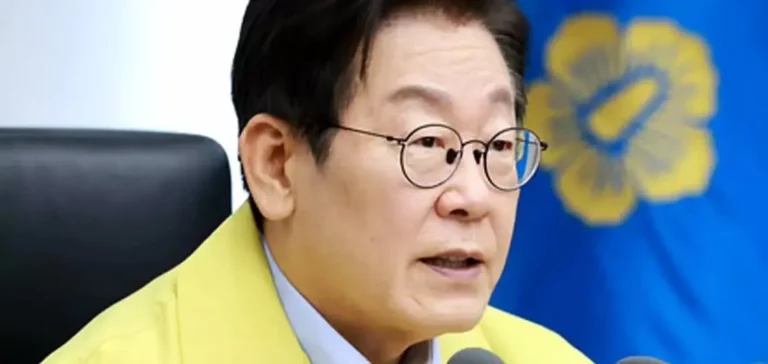South Korea and the United States have announced their intention to begin talks on nuclear fuel reprocessing, a move that could alter a key element of the civil nuclear agreement between the two countries. The decision was made public following a summit held in Washington between South Korean President Lee Jae Myung and U.S. President Donald Trump.
Bilateral agreement and strategic implications
South Korea, which currently operates 26 nuclear power plants, is not authorised to reprocess spent fuel without U.S. consent, under an agreement based on the U.S. Atomic Energy Act, specifically its Section 123. South Korean Foreign Minister Cho Hyun stated that amending this legal framework is necessary to allow the country to develop its own fuel production capabilities.
In a televised statement, Cho said: “We feel the need to reprocess the fuel and produce our own fuel from concentrates.” He added that cooperation with the United States was essential, either through revising the existing agreement or using an alternative mechanism already provided in the bilateral treaty.
U.S. stance and proliferation concerns
The U.S. Department of State indicated it was not in a position to specify the scope of the discussions but reaffirmed Washington’s commitment to limiting the spread of reprocessing and enrichment capabilities. The U.S. continues to seek the highest non-proliferation standards in its civil nuclear agreements.
Reprocessing spent fuel enables the extraction of plutonium, which can be reused for civilian purposes but also potentially for military use. Although Seoul insists on the industrial and environmental purpose of this capability, the issue remains sensitive. According to Cho, any mention of an intention to arm South Korea would undermine cooperation with the United States.
Political pressure and public perception in South Korea
The talks come amid growing concerns about the reliability of U.S. security guarantees, particularly in the face of North Korea’s nuclear threat. Recent polls show that around 75% of South Korean citizens support acquiring national nuclear capabilities.
Daryl Kimball, Executive Director of the Arms Control Association, questioned the industrial rationale for this move, noting that it could increase proliferation risks. In a letter sent in July to U.S. lawmakers, he voiced concerns about an executive order signed by President Trump in May, mandating a study on the civilian use of plutonium.






















